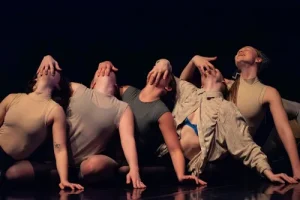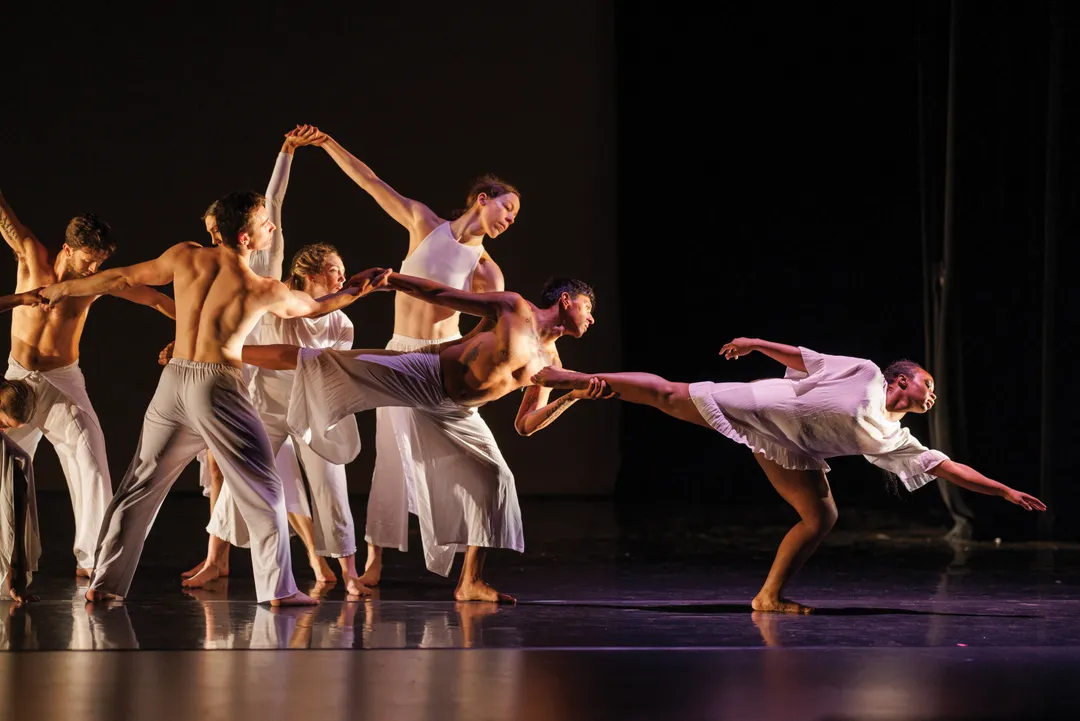Contemporary dance is defined by its fluidity, adaptability, and openness to influence. Its foundation rests on the fusion of multiple dance traditions, creating a versatile and innovative movement vocabulary.
Ballet’s Precision and Control
Ballet contributes posture, balance, and refined technique to contemporary dance. Many choreographers use ballet lines as a starting point before introducing more grounded, unconventional movements. 
Modern Dance’s Rebellion and Groundedness
From modern dance, contemporary inherits a rejection of rigidity and an embrace of gravity. Movements often include floor work, contractions, and releases inspired by pioneers like Martha Graham.
Jazz’s Energy and Dynamics
Jazz adds sharpness, rhythm, and theatrical flair, enabling dancers to shift quickly between smooth and percussive motion.
Global Dance Influences
Contemporary dance also borrows from African, Latin, Asian, and Indigenous movement traditions, enriching its vocabulary and deepening its cultural reach.
The Choreographer’s Role in Fusion
Each choreographer brings a unique mix of influences, resulting in pieces that feel fresh and distinctive.
Conclusion
Fusion in contemporary dance creates a rich, evolving art form that speaks to dancers and audiences worldwide.


